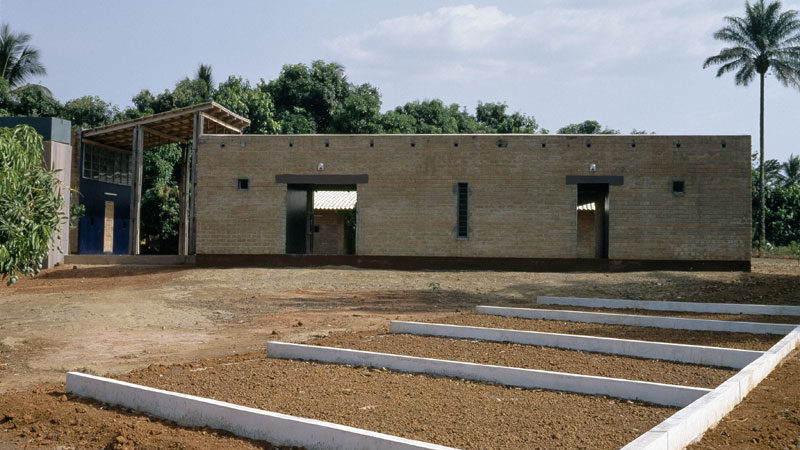Punjab govt to launch poultry farming programme in girls’ schools to teach ‘kitchen skills’

ISLAMABAD: Schoolgirls in Punjab will be given poultry to care for in an initiative partly aimed at teaching them about the kitchen, officials said, raising the eyebrows of women’s activists.
Punjab officials said the provincial government will initially be providing girls in 1,000 primary schools with four hens, one cock, and a cage.
Naseem Sadiq, head of Punjab’s Livestock and Dairy Development Department, told DNA the aim was to promote poultry and educate about nutrition, citing World Bank figures showing Pakistan ranks among the top countries in the world for protein deficiency.
He also said the programme would “train these small girls about kitchen waste” as they would feed their charges leftover food from lunch.
“We preferred girls’ schools for this project to boys because girls, mostly, have to deal with the kitchen and they are more responsible and caring than boys,” Sadiq said.
Women in Pakistan, where so called ‘honour killings’ and other violence against women remains commonplace, have fought for their rights for decades.
Women’s rights activist Farzana Bari criticised the project this week for reinforcing stereotypes by telling girls their role is “limited to the kitchen only”.
“It would be very good if the government focused on boys’ schools more to create… responsibility and equality,” she told DNA.
“The government should give (women) new confidence, not make them a typical woman by putting in their minds that they are for the kitchen only.
“By starting such projects in boys’ schools they would also learn about what to do in a kitchen and helping women,” she said.
The programme is due to begin next month, Sadiq said.
Related News

ICCI President, Romanian Envoy set sights on EU trade corridor for Pakistan
Saifullah Ansar ISLAMABAD, JAN 22 /DNA/: The Romanian Port of Constanta can serve as aRead More

A city in crisis, a nation in waiting
Opinion Ansar Mahmood Bhatti The bustling metropolis of Karachi has once again been shaken byRead More


Comments are Closed